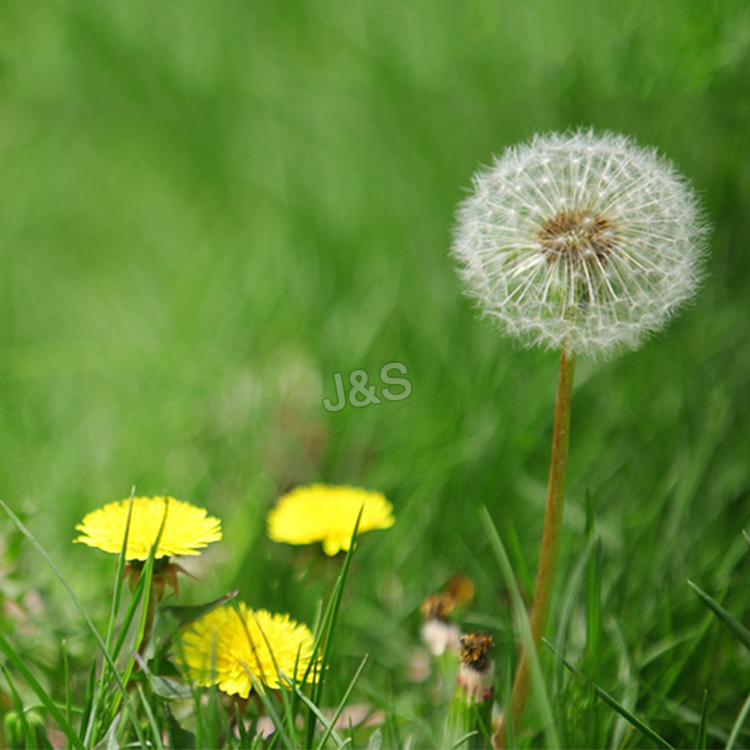Low price for Ginger Root Extract Factory from Lesotho
Low price for Ginger Root Extract Factory from Lesotho Detail:
[Latin Name] Zingiber Officinalis
[Specification] Gingerols 5.0%
[Appearance] Light yellow powder
Plant Part Used: Root
[Particle size] 80Mesh
[Loss on drying] ≤5.0%
[Heavy Metal] ≤10PPM
[Storage] Store in cool & dry area, keep away from the direct light and heat.
[Shelf life] 24 Months
[Package] Packed in paper-drums and two plastic-bags inside.
[Net weight] 25kgs/drum
[What is ginger?]
Ginger is a plant with leafy stems and yellowish green flowers. The ginger spice comes from the roots of the plant. Ginger is native to warmer parts of Asia, such as China, Japan, and India, but now is grown in parts of South American and Africa. It is also now grown in the Middle East to use as medicine and with food.
[How does it work?]
Ginger contains chemicals that may reduce nausea and inflammation. Researchers believe the chemicals work primarily in the stomach and intestines, but they may also work in the brain and nervous system to control nausea.
[Function]
Ginger is among the healthiest (and most delicious) spices on the planet.It is loaded with nutrients and bioactive compounds that have powerful benefits for your body and brain.Here are 11 health benefits of ginger that are supported by scientific research.
- Ginger Contains Gingerol, a Substance With Powerful Medicinal Properties
- Ginger Can Treat Many Forms of Nausea, Especially Morning Sickness
- Ginger May Reduce Muscle Pain and Soreness
- The Anti-Inflammatory Effects Can Help With Osteoarthritis
- Ginger May Drastically Lower Blood Sugars and Improve Heart Disease Risk Factors
- Ginger Can Help Treat Chronic Indigestion
- Ginger Powder May Significantly Reduce Menstrual Pain
- Ginger May Lower Cholesterol Levels
- Ginger Contains a Substance That May Help Prevent Cancer
- Ginger May Improve Brain Function and Protect Against Alzheimer’s Disease
- The Active Ingredient in Ginger Can Help Fight Infections
Product detail pictures:

Related Product Guide:
Our firm has been concentrating on brand strategy. Customers' satisfaction is our best advertising. We also offer OEM provider for Low price for Ginger Root Extract Factory from Lesotho , The product will supply to all over the world, such as: Bulgaria, Sweden, Romania, Our company will adhere to "Quality first, , perfection forever, people-oriented , technology innovation"business philosophy. Hard work to keep making progress, innovation in the industry, make every effort to first-class enterprise. We try our best to build the scientific management model, to learn abundant skilled knowledge, to develop advanced production equipment and production process , to create the first-call quality solutions, reasonable price , high quality of service , quick delivery , to offer you create new value .
Three-Dimensional Reconstruction, by TEM Tomography, of the Ultrastructural Modifications Occurring in Cucumis sativus L. Mitochondria under Fe Deficiency. Gianpiero Vigani et al (2015), PLoS ONE https://dx.doi.org/10.1371/journal.pone.0129141
Background
Mitochondria, as recently suggested, might be involved in iron sensing and signalling pathways in plant cells. For a better understanding of the role of these organelles in mediating the Fe deficiency responses in plant cells, it is crucial to provide a full overview of their modifications occurring under Fe-limited conditions. The aim of this work is to characterize the ultrastructural as well as the biochemical changes occurring in leaf mitochondria of cucumber (Cucumis sativus L.) plants grown under Fe deficiency.
Methodology/Results
Mitochondrial ultrastructure was investigated by transmission electron microscopy (TEM) and electron tomography techniques, which allowed a three-dimensional (3D) reconstruction of cellular structures. These analyses reveal that mitochondria isolated from cucumber leaves appear in the cristae junction model conformation and that Fe deficiency strongly alters both the number and the volume of cristae. The ultrastructural changes observed in mitochondria isolated from Fe-deficient leaves reflect a metabolic status characterized by a respiratory chain operating at a lower rate (orthodox-like conformation) with respect to mitochondria from control leaves.
Conclusions
To our knowledge, this is the first report showing a 3D reconstruction of plant mitochondria. Furthermore, these results suggest that a detailed characterization of the link between changes in the ultrastructure and functionality of mitochondria during different nutritional conditions, can provide a successful approach to understand the role of these organelles in the plant response to Fe deficiency.
The factory workers have a good team spirit, so we received high quality products fast, in addition, the price is also appropriate, this is a very good and reliable Chinese manufacturers.







